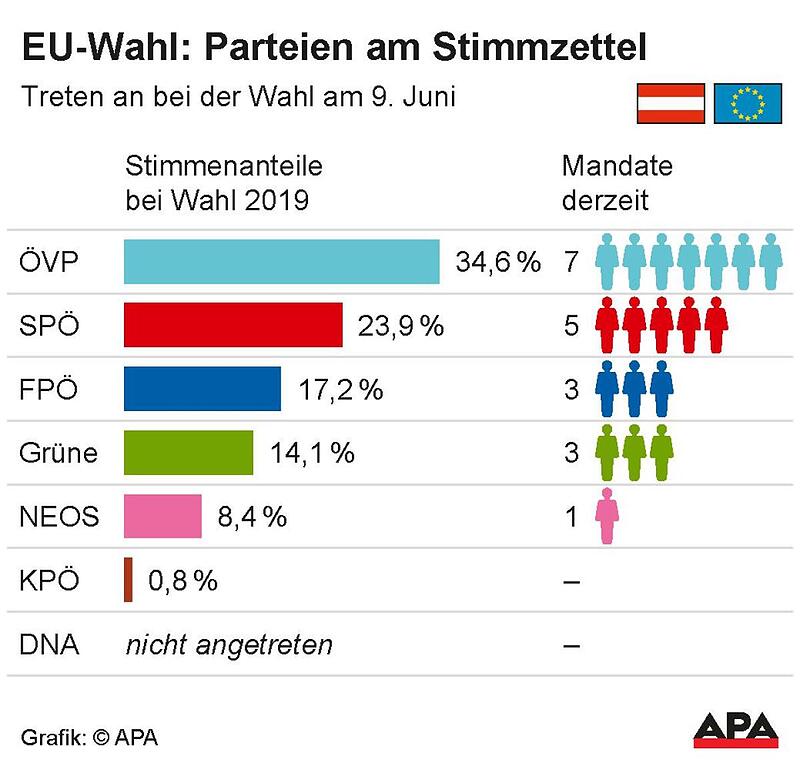Transport must also achieve climate protection goals, says the Environment Minister. If measures do not work quickly enough, there must be others – for example a speed limit.
Federal Environment Minister Steffi Lemke is calling for more efforts to be made to protect the climate in traffic – and is bringing a speed limit on motorways into play. The Greens politician told the German Press Agency in Berlin that the federal government had set ambitious goals for the expansion of electromobility.
“But that alone will not be enough to achieve the climate goals in transport. And if a climate protection measure cannot be implemented quickly enough, then that inevitably increases the pressure on others. The climate crisis will not allow itself to be negotiated.”
FDP against a general speed limit
According to Lemke, a speed limit could make a significant contribution to climate protection. This is the position of the Federal Environment Ministry and many experts. “By the way, my predecessors from the SPD also took this point of view. But for well-known reasons, it is not part of the coalition agreement.” Above all, the coalition partner FDP rejects a general speed limit on German autobahns.
Lemke emphasized that the individual sectors remain responsible for climate protection. “Transport must also achieve the climate protection goals, just like all other sectors. In the future, it should be possible to make an overall calculation across all sectors for compliance with the climate protection goals. But the obligation for traffic, the building sector and all other sectors, the legal climate protection goals really to be achieved remains and must be implemented.”
Transport sector missed targets in 2022
The heads of the traffic light coalition had agreed on a reform of the climate protection law. So far, individual ministers have had to submit an emergency program every year if they fail to meet climate targets that are their responsibility. In the future, according to the coalition committee’s decision paper, the federal government should make adjustments “on the basis of the proposals” of the mainly responsible ministries – if it becomes apparent in two consecutive years that the climate target for 2030 will not be achieved.
In the transport sector, legal requirements for CO2 savings for 2022 were not met. Emissions increased slightly compared to the previous year. Actually, Federal Transport Minister Volker Wissing (FDP) should present an emergency program by mid-July – if the new climate protection law does not apply by then.
Also building sector before Herculean task
Lemke said: “Now it depends on the specific design of the amendment to the Climate Protection Act. It is of no use if the law and its goals have no practical consequences. Therefore – as long as the previous Climate Protection Act is in force – the obligation remains that If the annual climate protection goals are not achieved, the responsible ministry must submit an emergency program by July 15.”
The building sector was also above the annual emission levels specified in the Climate Protection Act in 2022. The building sector is facing a real Herculean task, said Lemke. “This federal government has to answer two questions at the same time: how our heating systems can become climate-neutral as quickly as possible, by 2045 at the latest, and how we can secure this switch in a socially responsible manner.”
According to a draft law passed by the Federal Cabinet, from 2024 every newly installed heating system should be operated with 65 percent renewable energy. This is intended to herald the departure from gas and oil heating systems. The plans are also highly controversial in the traffic light coalition.
Source: Stern
I have been working in the news industry for over 6 years, first as a reporter and now as an editor. I have covered politics extensively, and my work has appeared in major newspapers and online news outlets around the world. In addition to my writing, I also contribute regularly to 24 Hours World.




